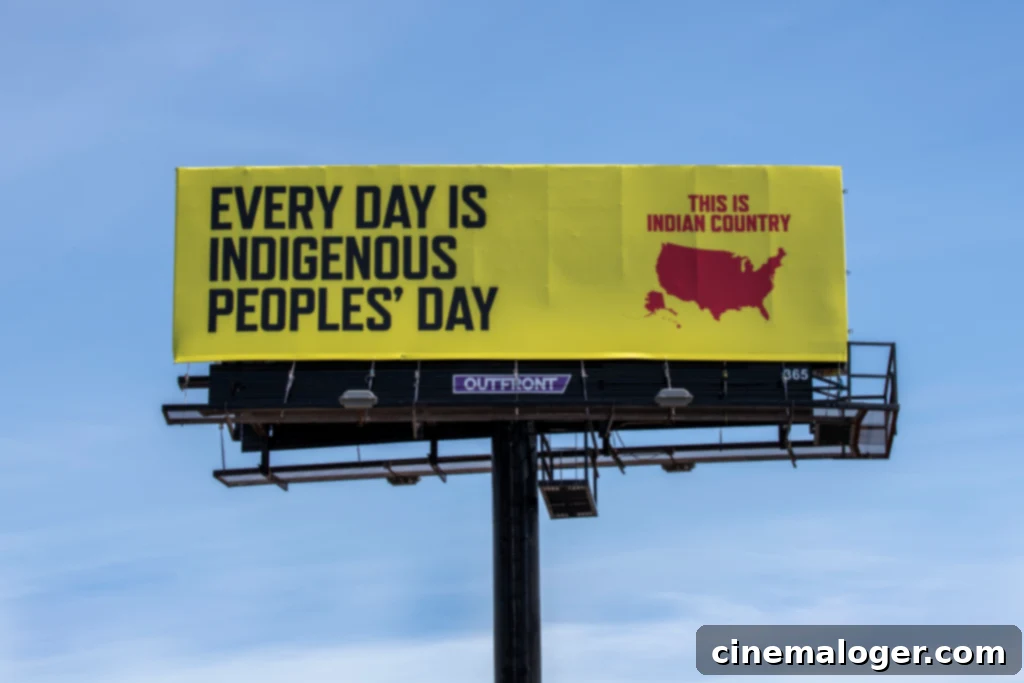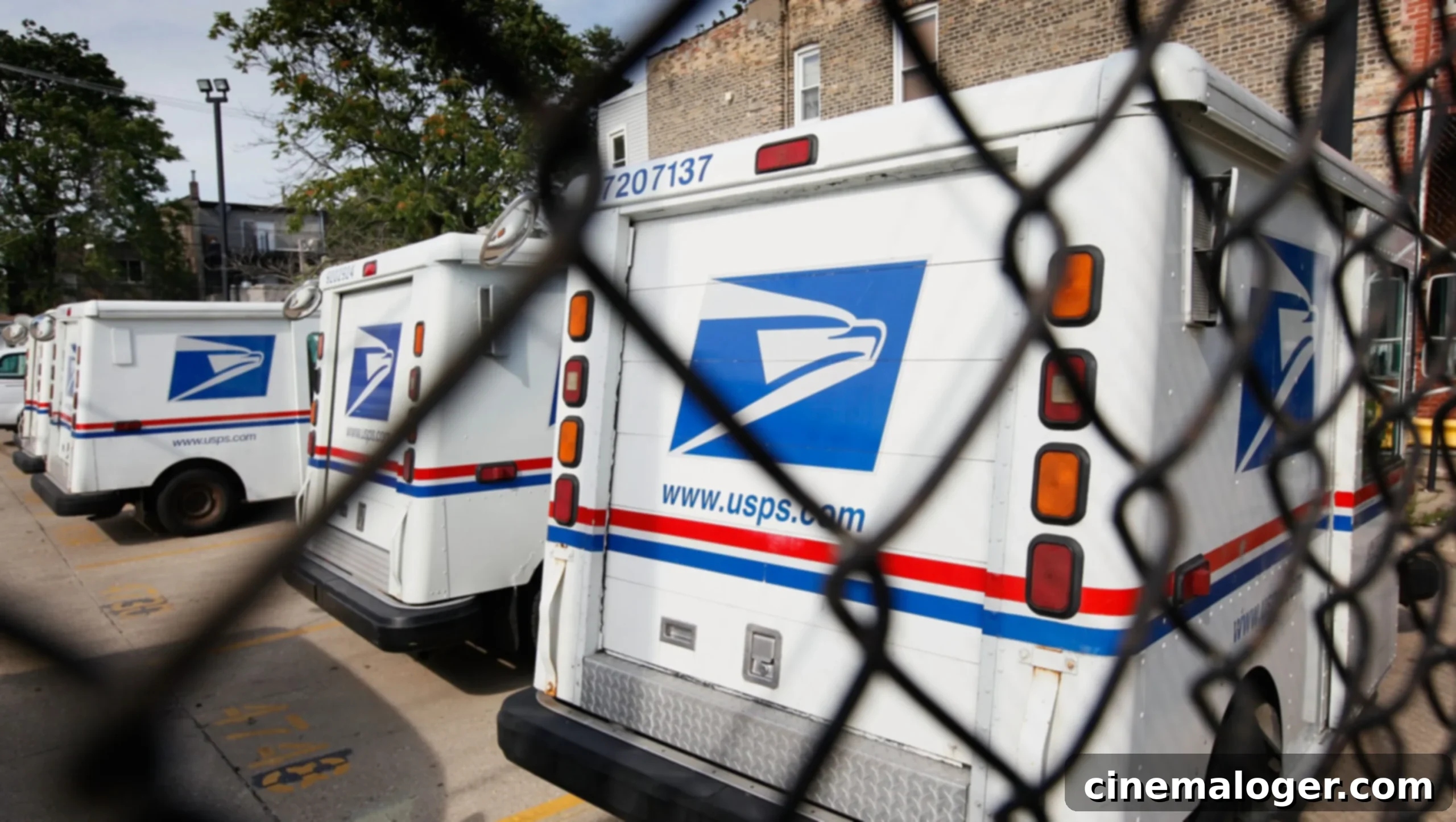Columbus Day & Indigenous Peoples’ Day 2024: Navigating Business Closures and Federal Holiday Confusion
As October 14, 2024, approaches, many Americans find themselves in a familiar state of uncertainty regarding which businesses and services will be open or closed. This annual confusion stems from the complex and evolving nature of what is officially recognized as a federal holiday, particularly with the simultaneous observance of Columbus Day and Indigenous Peoples’ Day across the United States. While some institutions uphold a traditional federal holiday schedule, countless others operate as usual, leading to a patchwork of closures and open doors that can be perplexing for the public. Understanding the nuances of this day is key to planning ahead, whether you’re expecting mail delivery, need to visit a bank, or are simply heading out for shopping.
This widespread uncertainty highlights a significant cultural and historical shift within the nation. What was once universally known as Columbus Day, commemorating Christopher Columbus’s arrival in the Americas, has increasingly been recognized as Indigenous Peoples’ Day in numerous states and localities. This shift reflects a growing awareness and acknowledgment of Native American history, culture, and the profound impact of European colonization. Yet, the federal government’s continued official designation of Columbus Day as a federal holiday creates a dual reality that directly influences everything from postal services to banking hours. This article aims to clarify the federal holiday status of October 14, 2024, detail which businesses and services are likely to be open or closed, and delve into the historical context that shapes this uniquely observed day.
Is October 14, 2024, a Federal Holiday?
Yes, October 14, 2024, is indeed a federal holiday. Federally recognized holidays in the United States primarily impact federal government operations, including federal employees, courts, and certain financial institutions. Specifically, the second Monday in October has been observed as Columbus Day at the federal level for decades. This designation means that non-essential federal government offices will be closed, federal employees will receive a paid day off, and services directly tied to federal operations will be paused. This consistent federal observance is the root cause for many of the business closures that Americans encounter, particularly within the banking sector and postal services.
However, the existence of Indigenous Peoples’ Day adds a layer of complexity to this federal designation. While Columbus Day remains the official federal holiday, Indigenous Peoples’ Day is an alternative or complementary observance that has gained significant traction at state and local levels. Crucially, Indigenous Peoples’ Day is not a federal holiday itself. This distinction means that while a state or city may officially recognize Indigenous Peoples’ Day and some state or local government offices may close in observance, these closures are not mandated by the federal government. The varying adoption of Indigenous Peoples’ Day by different jurisdictions contributes directly to the public’s confusion, as the holiday schedule can differ dramatically from one state or even one city to another, depending on local ordinances and cultural recognitions.
What Businesses Are Open & Closed on October 14, 2024?
The observance of October 14, 2024, as a federal holiday leads to a predictable pattern of closures for some critical services, while the majority of private businesses continue their operations. Understanding these patterns is essential for avoiding inconvenience. The most prominent federal service that will be impacted is the U.S. Postal Service (USPS). All Post Office locations will be closed on October 14, 2024, meaning there will be no mail delivery or collection services. Mail services will resume on Tuesday, October 15. Similarly, most other federal government agencies and offices, such as Social Security Administration offices, federal courts, and federal branches of the Department of Motor Vehicles (DMV), will also be closed to observe the holiday.
Financial institutions are another sector heavily influenced by federal holiday schedules. Many major banks across the country, including prominent names like Wells Fargo, Bank of America, Chase, Citibank, and others, typically close their branches on federal holidays. This is largely because they are tied into the Federal Reserve holiday schedule. While physical branches may be closed, customers can generally still access ATM services, online banking platforms, and mobile banking applications for routine transactions. For urgent matters, it is always advisable to check your specific bank’s holiday schedule in advance. This ensures you are not caught off guard if you require in-person banking services on October 14th.
In contrast to the banking sector, the U.S. stock market does not observe Columbus Day/Indigenous Peoples’ Day as a holiday. Both the New York Stock Exchange (NYSE) and NASDAQ will remain open for trading on October 14, 2024, operating under their regular business hours. This divergence between retail banking closures and the open stock market often adds to the public’s confusion, as it highlights that not all financial services adhere to the same holiday calendar. Investors and financial professionals can therefore expect a normal trading day.
When it comes to major retail chains, the vast majority typically remain open for business on October 14, 2024. Stores like Target, Walmart, Costco, Kroger, and other large grocery chains generally operate with their standard hours. Similarly, home improvement stores such as Home Depot and Lowe’s, pharmacies like CVS and Walgreens, and many popular fast-food and restaurant chains usually maintain regular service. However, it is always a good practice for consumers to check the specific operating hours of their local branches, as some locations may choose to adjust their schedules, perhaps opening later or closing earlier, depending on local management decisions or anticipated customer traffic. A quick call or online check can prevent a wasted trip.
Small businesses and local services present the most varied holiday observance. Unlike large corporations with standardized policies, independent shops, local grocery stores, specialty boutiques, and family-owned restaurants have the flexibility to set their own holiday hours. Some small businesses may choose to close completely to allow their employees a day off, while others might operate with reduced hours, and many will simply remain open as usual. This variability means that if you plan to visit a specific local establishment, it is highly recommended to verify their operating status beforehand. Checking their website, social media pages, or calling ahead can provide the most accurate information.
Beyond retail and finance, other sectors also show mixed observance. Most public schools, particularly those in states or districts that officially recognize Columbus Day or Indigenous Peoples’ Day, will likely be closed. However, private schools and higher education institutions might follow different calendars, with some remaining open. Healthcare services, including hospitals and emergency rooms, operate 24/7 regardless of holidays, but non-urgent doctor’s offices, clinics, and specialist practices may be closed or have limited hours. It’s always best to confirm appointments or service availability with your specific healthcare provider.

The Historical Evolution: Columbus Day vs. Indigenous Peoples’ Day
The modern observance of October’s second Monday is deeply rooted in centuries of history and evolving societal perspectives. Columbus Day, initially established to commemorate Italian explorer Christopher Columbus’s arrival in the Americas in 1492, gained popularity in the United States particularly among Italian-American communities. It became a federal holiday in 1937 under President Franklin D. Roosevelt, formalizing a day to honor discovery, exploration, and the contributions of immigrants to American society. For decades, it was celebrated widely as a day of parades and festivities, marking a pivotal moment in global history and American national identity.
However, over time, the celebration of Columbus Day began to stir significant controversy. Historical research and a more critical examination of Columbus’s voyages and subsequent colonization revealed a darker side to his legacy. Accounts detailed the brutal treatment, enslavement, and systematic violence inflicted upon the Indigenous peoples he encountered. This re-evaluation brought into sharp focus the immense suffering and decimation of Native American populations following European arrival. As a result, many began to view Columbus not as a heroic discoverer, but as a symbol of conquest, cultural destruction, and the exploitation of native lands.
This growing awareness and historical revisionism led to a powerful movement advocating for the recognition of Indigenous Peoples’ Day. Activists and Native American communities pressed for a holiday that would instead honor the rich cultures, resilience, and profound contributions of Indigenous peoples throughout history, acknowledging the atrocities committed against them. The first state to officially recognize Indigenous Peoples’ Day was South Dakota in 1990, followed by Berkeley, California, in 1992. Since then, a steadily increasing number of states, cities, and tribal nations have either replaced Columbus Day with Indigenous Peoples’ Day or chosen to observe both, reflecting a nationwide reckoning with historical narratives and a commitment to inclusivity.
A landmark moment in this evolving recognition occurred on October 8, 2021, when President Joe Biden issued the first-ever presidential proclamation commemorating Indigenous Peoples’ Day. While not changing the federal holiday status of Columbus Day, Biden’s proclamation marked a significant shift in federal acknowledgment and a powerful gesture of respect towards Native American communities. This historic move underscored the ongoing effort to rectify historical injustices and ensure that the narratives of Indigenous peoples are central to the American story.
President Biden’s statement, delivered as a presidential action, explicitly called upon “the people of the United States to observe this day with appropriate ceremonies and activities.” He further directed that “the flag of the United States be displayed on all public buildings on the appointed day in honor of our diverse history and the Indigenous peoples who contribute to shaping this Nation.” This proclamation went beyond mere recognition, actively encouraging a deeper understanding and celebration of the integral role Indigenous cultures play in the fabric of the nation. It highlighted the invaluable contributions made by Indigenous people “throughout history — in public service, entrepreneurship, scholarship, the arts, and countless other fields — are integral to our nation, our culture, and our society.”
Today, the second Monday of October stands as a multifaceted observance, a testament to both historical tradition and evolving societal values. While Columbus Day retains its federal holiday status, the widespread and growing recognition of Indigenous Peoples’ Day at state and local levels signals a profound shift in how America collectively remembers and celebrates its past. The confusion surrounding business closures and open services on this day serves as a tangible reminder of this ongoing cultural dialogue. As the nation continues to grapple with its complex history, the dual observance of October 14th encourages all Americans to reflect on the diverse origins and experiences that have shaped the United States.
